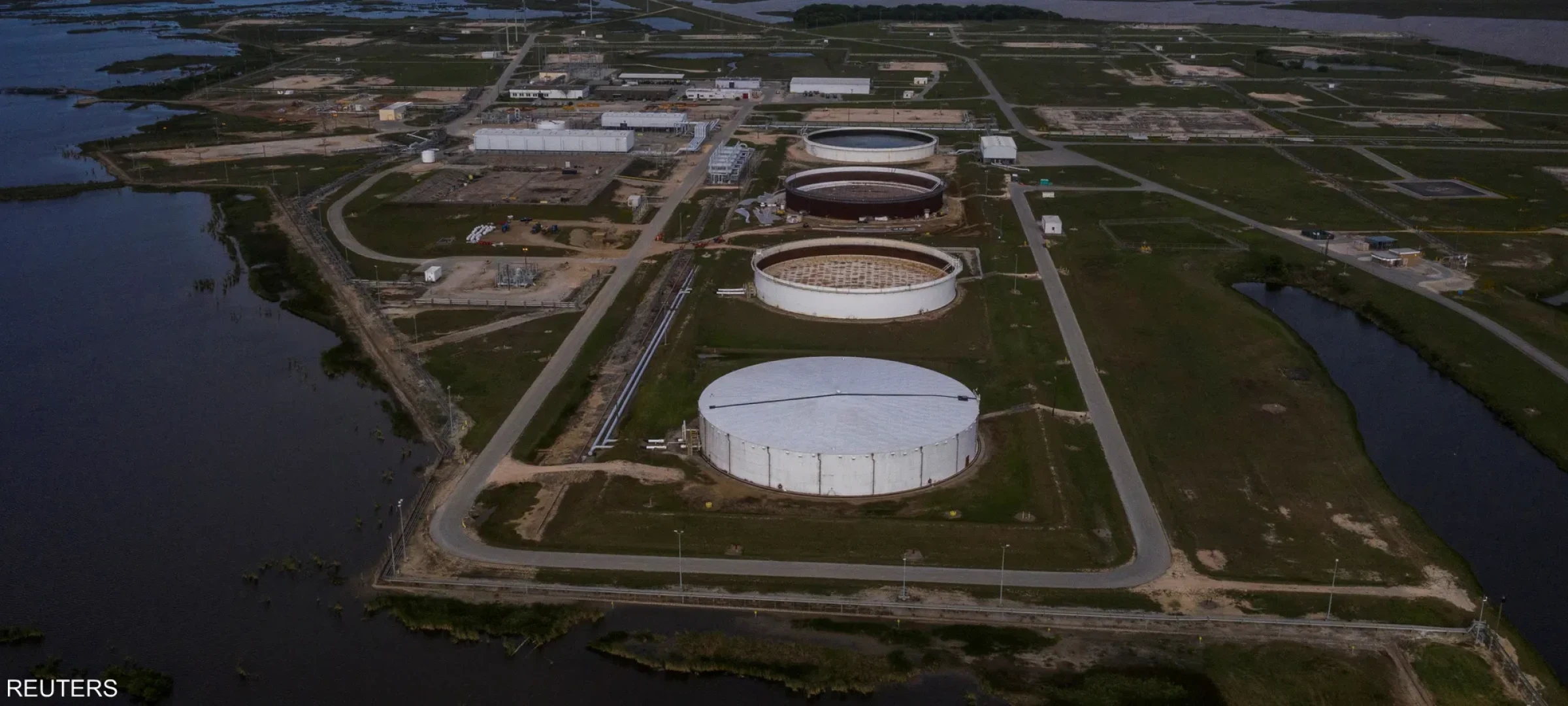Shafaq News/US President Donald Trump’s relentless drive to crash oil prices in a bid tobolster American industries could wreak havoc on Iraq’s fragile economy,experts warn, cautioning that sharp swings in global oil markets may deliver aheavy blow to Baghdad’s heavily oil-reliant budget.
Economistsargue that Trump’s tariff-fueled strategy is designed to squeeze oil-producingnations into reshaping trade deals on Washington’s terms. While the move maygive American manufacturers a competitive edge, it sends shockwaves throughoil-dependent economies like Iraq, where over 90% of the national budget hingeson crude exports.
“If pricesfall, the Iraqi government will struggle to secure funding and cover itsbudget,” said Hussein Al-Saabri, a member of the Iraqi Parliament’s Investmentand Development Committee.
He toldShafaq News that Trump's tariffs ripple across global markets, indirectlyaffecting oil prices and, by extension, Iraq’s fiscal health.
Oil pricesdropped to around $60 a barrel following Trump's tariff imposition, before atemporary 90-day suspension led to partial stabilization. Yet this swing causedglobal trade imbalances, said economist Mustafa Faraj.
“Whentariffs were applied, global demand for goods dropped, taking oil demand withit,” Faraj told Shafaq News.
“As oil issubject to supply and demand like any commodity, prices fell accordingly. Morefluctuations are expected in the coming days.”
Farajbelieves Trump is using tariffs as a tool to force countries to the negotiatingtable, citing China as a prime example of increased pressure. As for Iraq, headvises diversifying revenue sources to shield the economy from externalshocks.
Economicresearcher Ahmed Eid echoed the call for reform, advocating domestic productiongrowth, transparent taxation policies, and comprehensive restructuring ofIraq’s economic system.
“Anydisruption in oil prices immediately affects Iraq’s finances,” Eid told ShafaqNews. “This pressure has driven the government to expand its tax policy inhopes of offsetting deficits.”
Eid alsorevealed that Baghdad is considering new tax measures amid unstable oilmarkets—a move expected to impact imported goods prices and deepen the strainon Iraqi citizens already grappling with poverty and unemployment.
In responseto Trump's tariff policy, the Iraqi government announced on April 5 a set of measuresaimed at recalibrating economic ties with the United States, including expandingmutual trade by opening distribution channels for US companies and activatingIraqi commercial agencies to promote direct sector-to-sector engagement withthe US.
The governmentalso planned to develop banking and financial cooperation to ensure sharedeconomic interests, as well as directing the Iraqi-US negotiating team toreview the fundamentals of trade relations to build a balanced economicpartnership.
In addition,assigning the foreign, finance, and trade ministries, along with otherstakeholders, was another move to initiate dialogue with relevant US sectors,monitor financial markets, and consult with economic think tanks.
Thesemeasures mirror Trump’s hard-nosed approach to negotiation, rooted in a bid torebalance the US trade deficit through high-stakes, bilateral deals.
Speakingfrom Paris, international legal expert Majid Boudin argued that Trump viewsAmerica’s economic sovereignty as under siege—and sees tariffs as a blunt buteffective weapon to reclaim it.
“Trump islaser-focused on funneling massive revenue into the US Treasury and slashingthe national debt,” Boudin told Shafaq News. “He’s not interested inalliances—only in pushing America’s agenda.”
Boudindescribed Trump’s escalating trade war with China as part of a sweepingstrategy to reignite US industrial dominance by imposing record-high tariffs.
Turning toIraq’s position, Boudin pointed out that Baghdad’s economic lifeline remainstightly bound to oil and gas exports. “Trump is aggressively pursuingbargain-basement oil to drive down production costs and supercharge Americancompetitiveness,” he said.
But Boudinwarned that forcing prices below extraction costs could backfire, inflictinglosses on oil producers. “That’s the battlefield in Trump’s next round of negotiationswith Middle Eastern nations—Iraq included,” he concluded.

